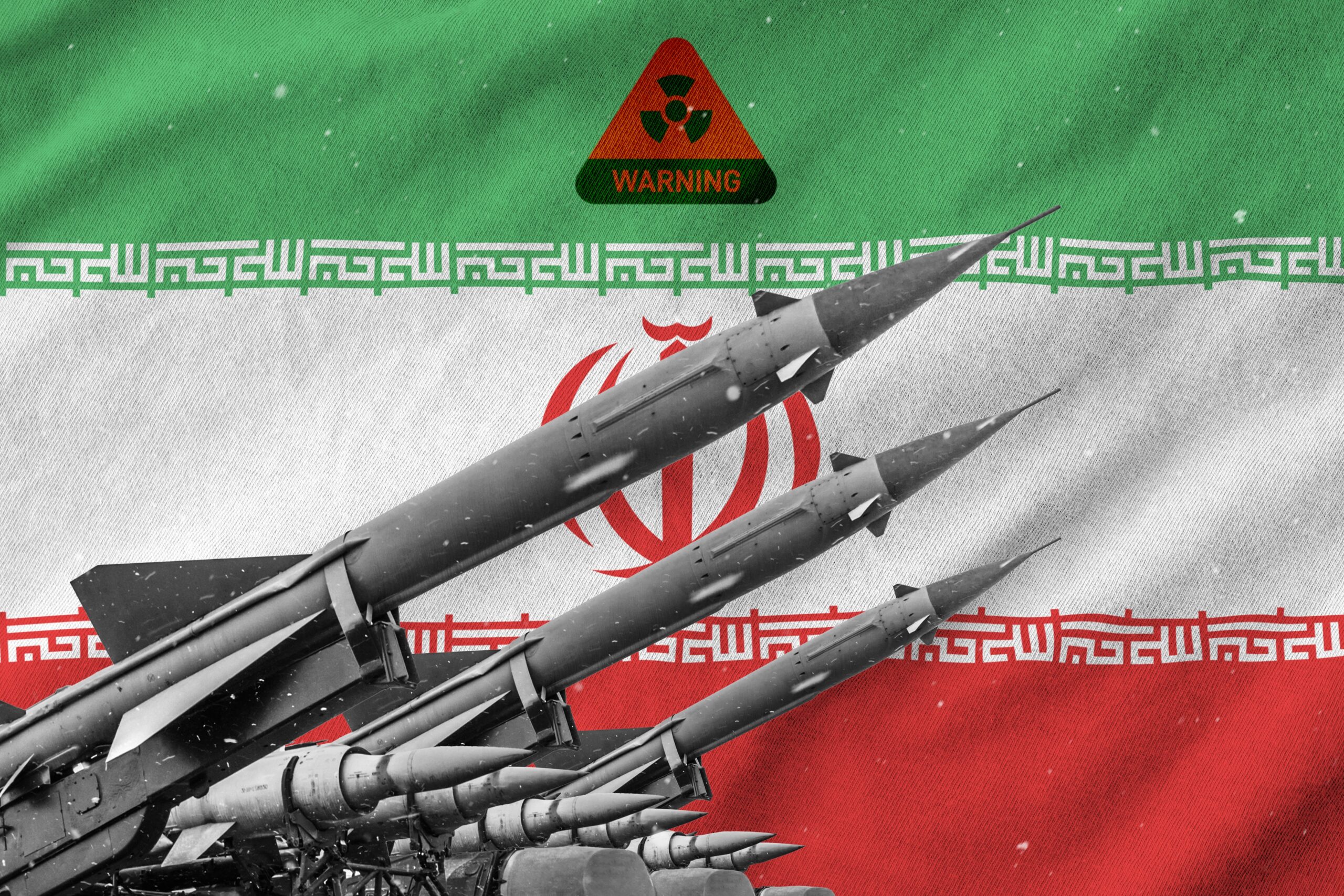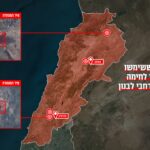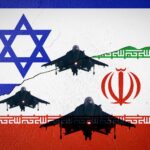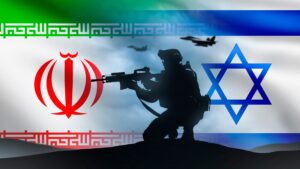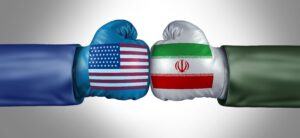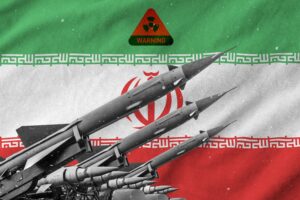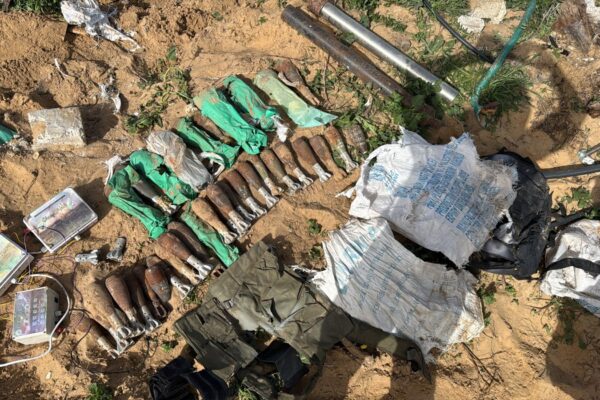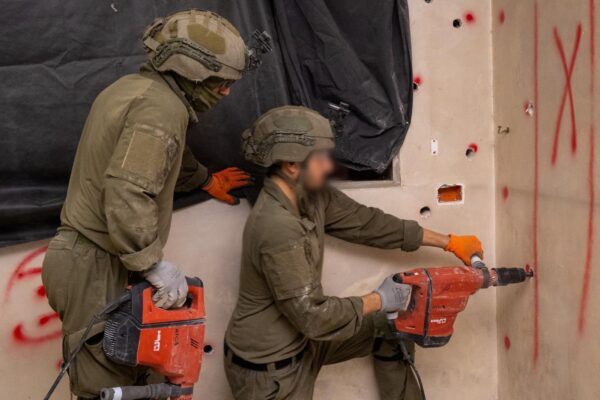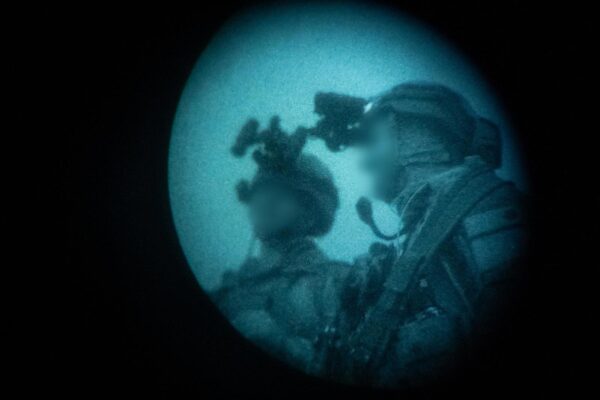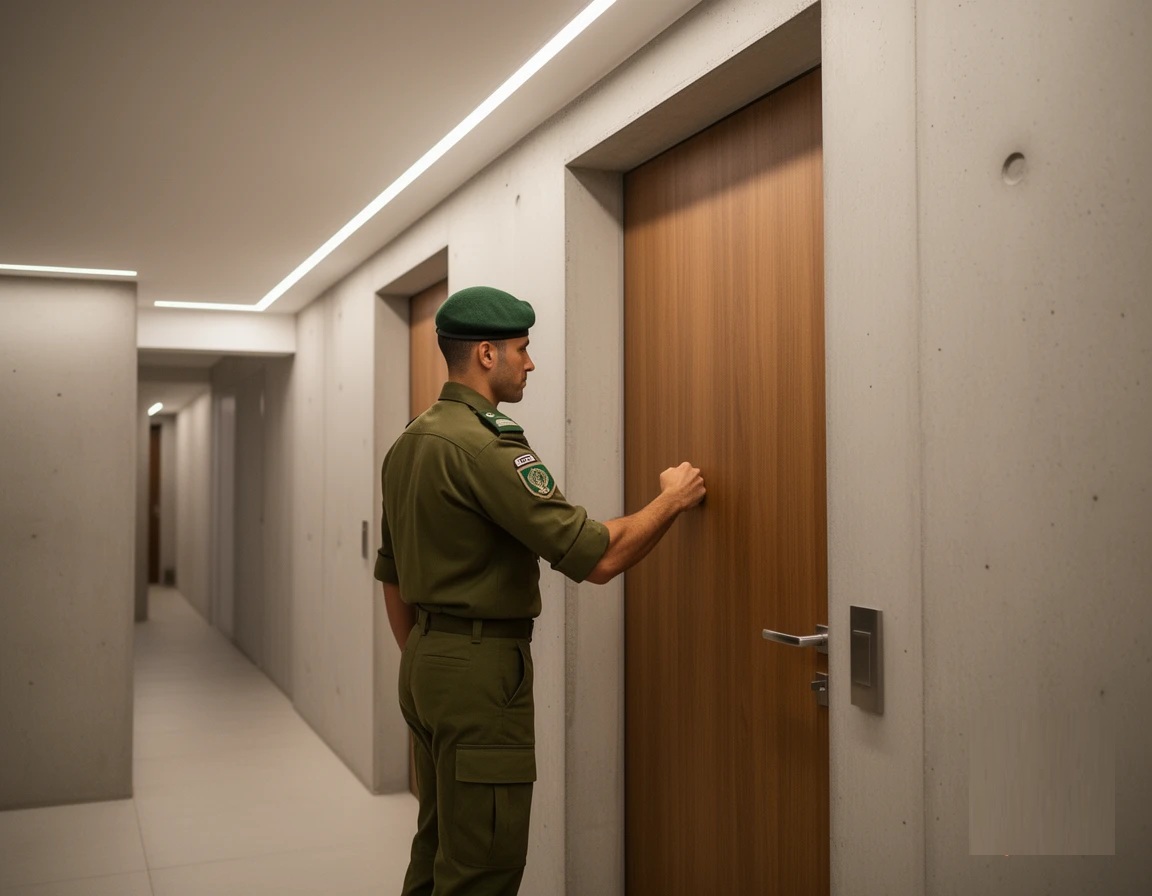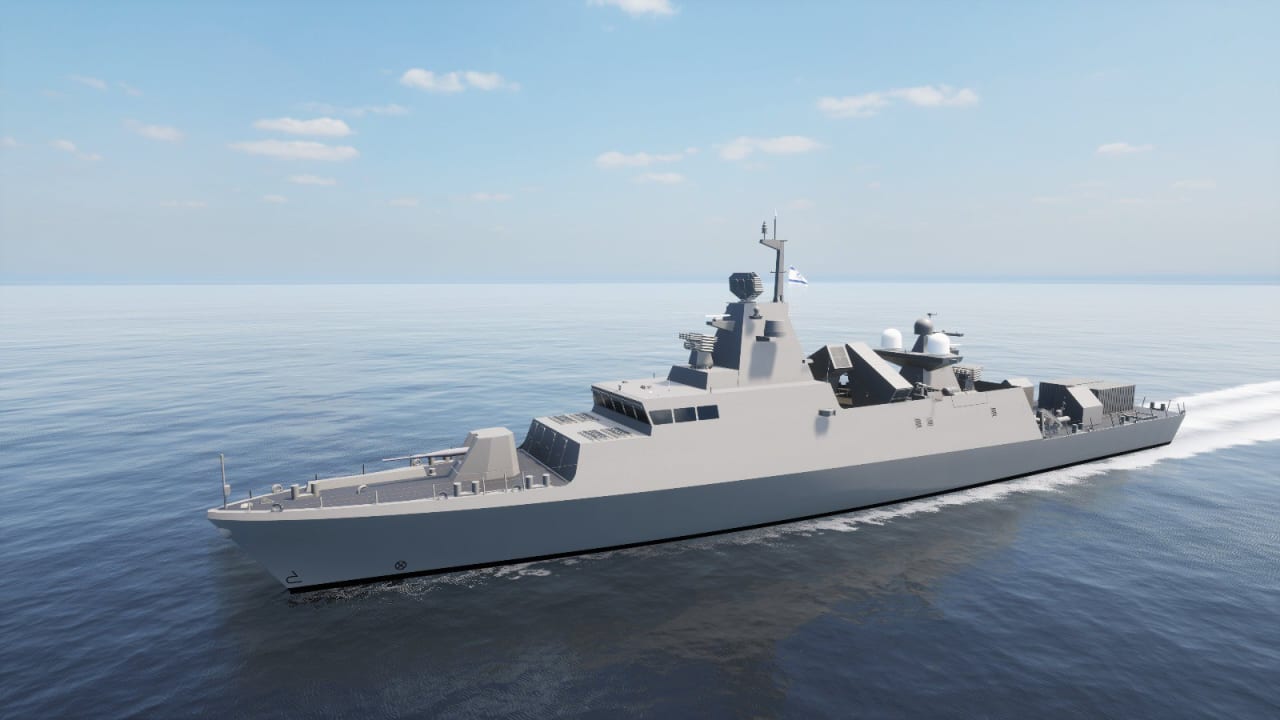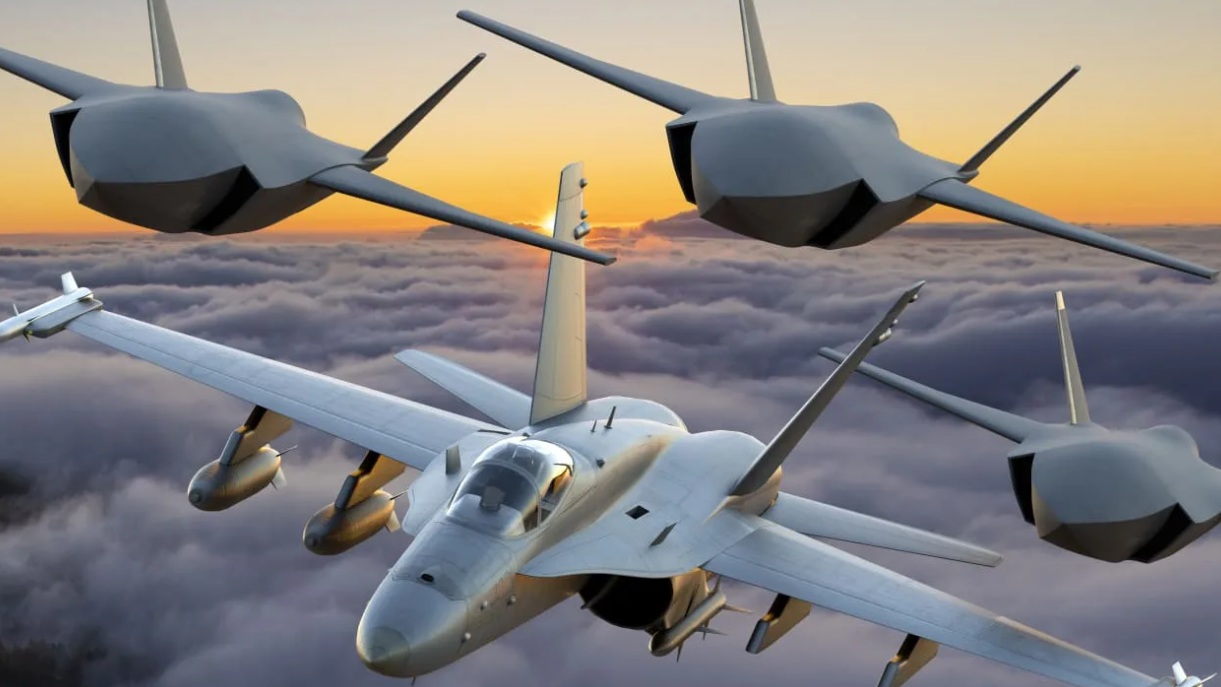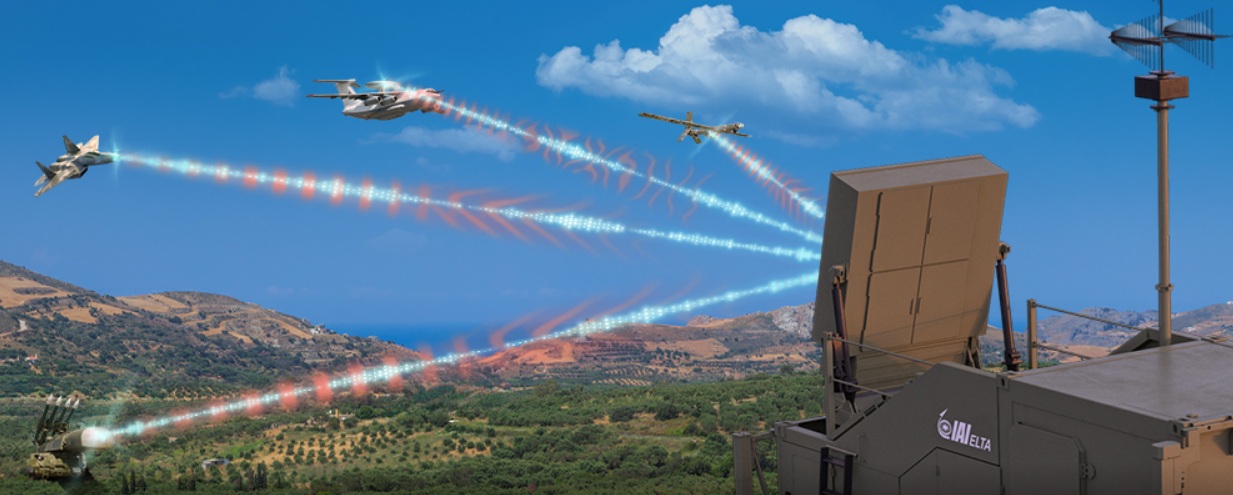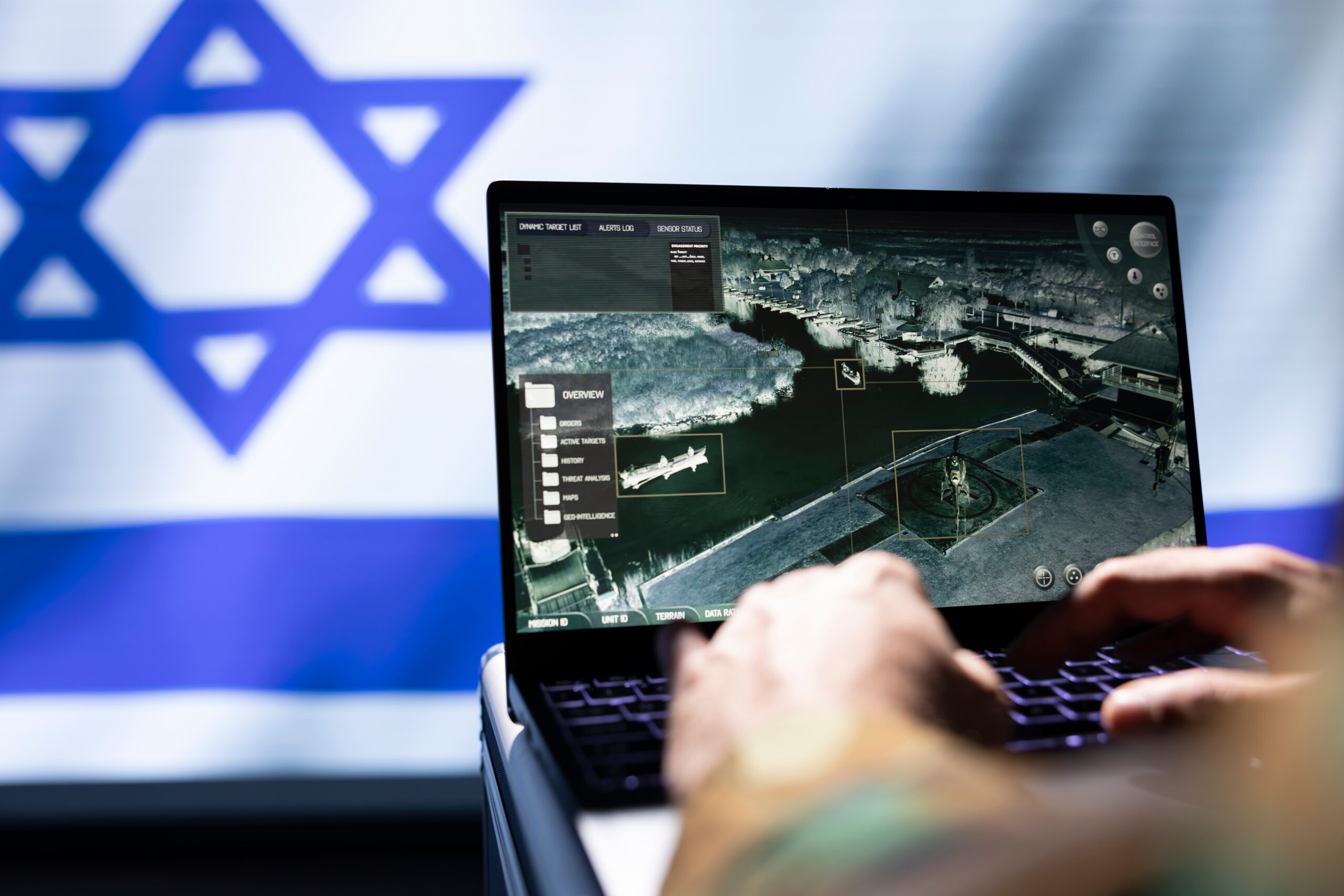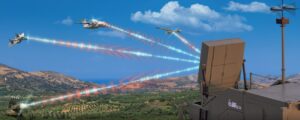The move mirrors Iran’s strategy in Yemen, where it backs the Houthi rebels with weapons and training.
By Hezy Laing
Iran’s expanding military footprint in Sudan has triggered alarm across the region, with analysts drawing parallels to Tehran’s entrenched presence in Yemen.
Intelligence reports from 2025 reveal that Iran has been supplying the Sudanese Armed Forces (SAF), led by General Abdel Fattah al-Burhan, with a wide array of weaponry including anti-tank guided missiles, drones, rockets, and landmines.
This influx of arms has played a pivotal role in helping the SAF reclaim control over strategic areas such as Khartoum amid the ongoing civil war that erupted in 2023.
A Boeing 747 operated by Fars Air Qeshm, a military-affiliated Iranian airline, reportedly landed in Port Sudan in March 2025, delivering UAVs and missile systems directly to the SAF.
The Mobius Report by Terrogence underscores Sudan’s transformation into a logistical hub for Iran’s military ambitions, facilitated by formal agreements that streamline arms transfers and operational coordination.
This mirrors Iran’s strategy in Yemen, where it backs the Houthi rebels with weapons and training, and raises fears that Sudan could become a similar launchpad for Iranian influence across East Africa and the Red Sea.
The strategic implications are profound, as Sudan’s proximity to vital maritime routes could enable Iran to disrupt shipping and project power far beyond its traditional Middle Eastern sphere.
Israel has expressed growing concern over Sudan’s pivot toward Iran, especially given its previous alignment with the Abraham Accords in 2020.
Israeli media reports suggest that Sudan turned to Tehran for military support after failing to secure aid from Jerusalem.
The IDF is closely monitoring Iranian arms shipments and the presence of IRGC-linked personnel, including those associated with Fars Air Qeshm.
A cryptic phrase circulating in Israeli defense circles, “Sudan is rising soon”, reflects the unease surrounding Iran’s deepening ties with Khartoum.
As Sudan’s civil war drags on, Iran’s involvement threatens to reshape the geopolitical dynamics of the Horn of Africa, with ripple effects across the Middle East.
The situation has prompted concern among Western and Gulf states, who fear a new proxy front that could further destabilize the region.


